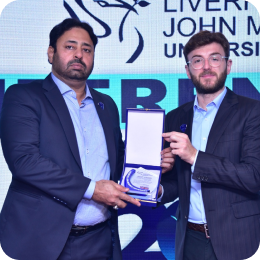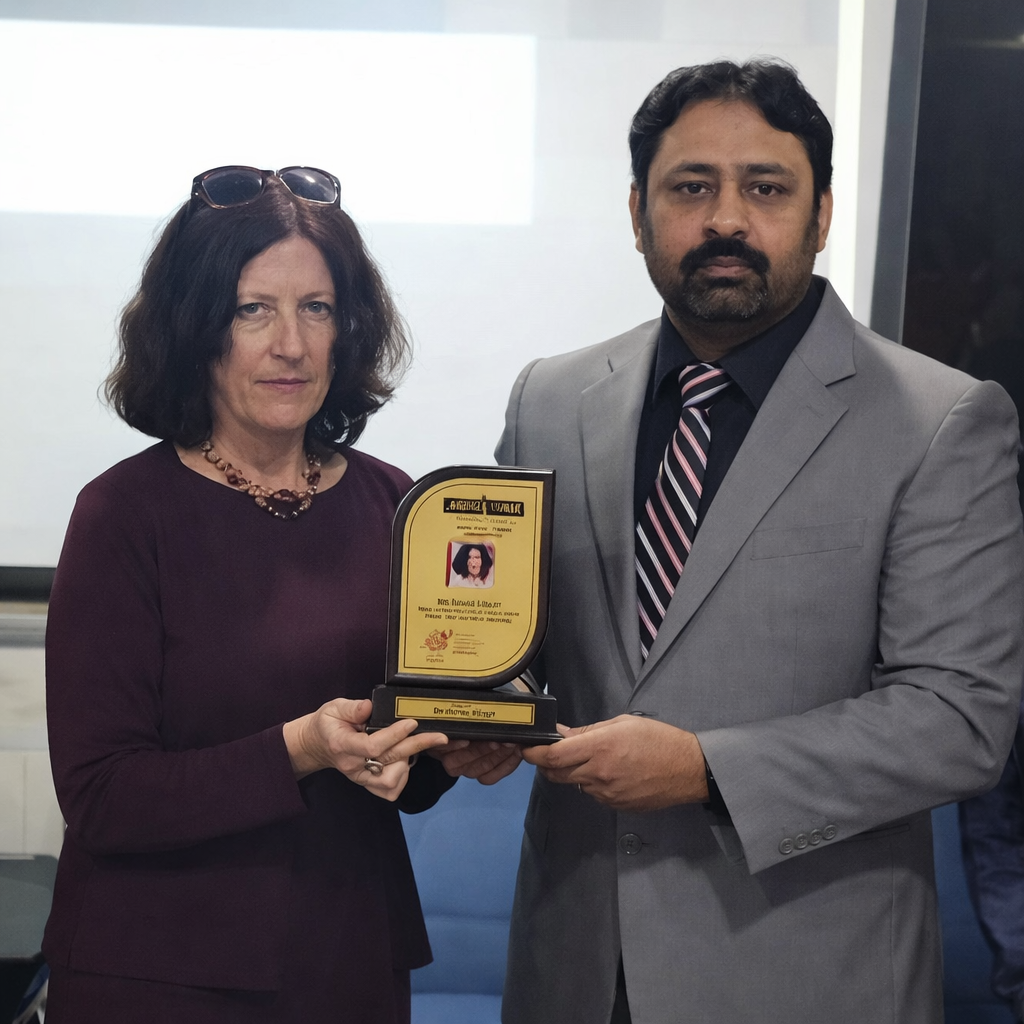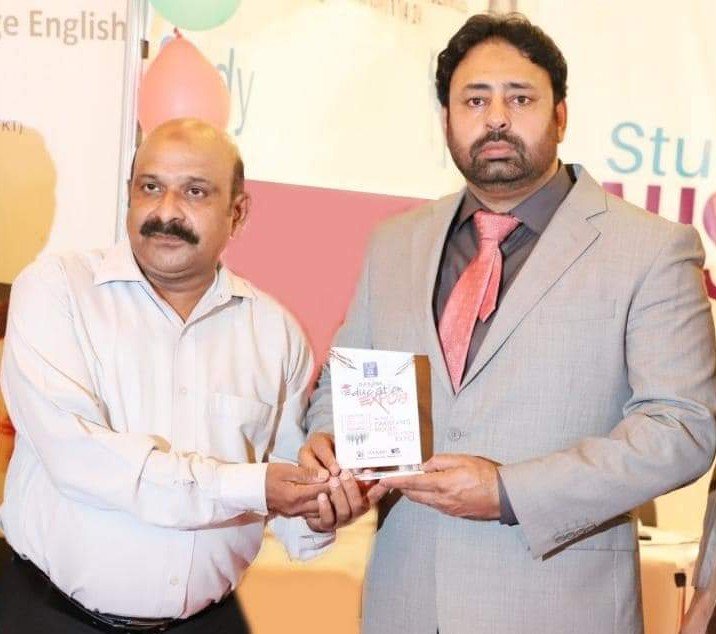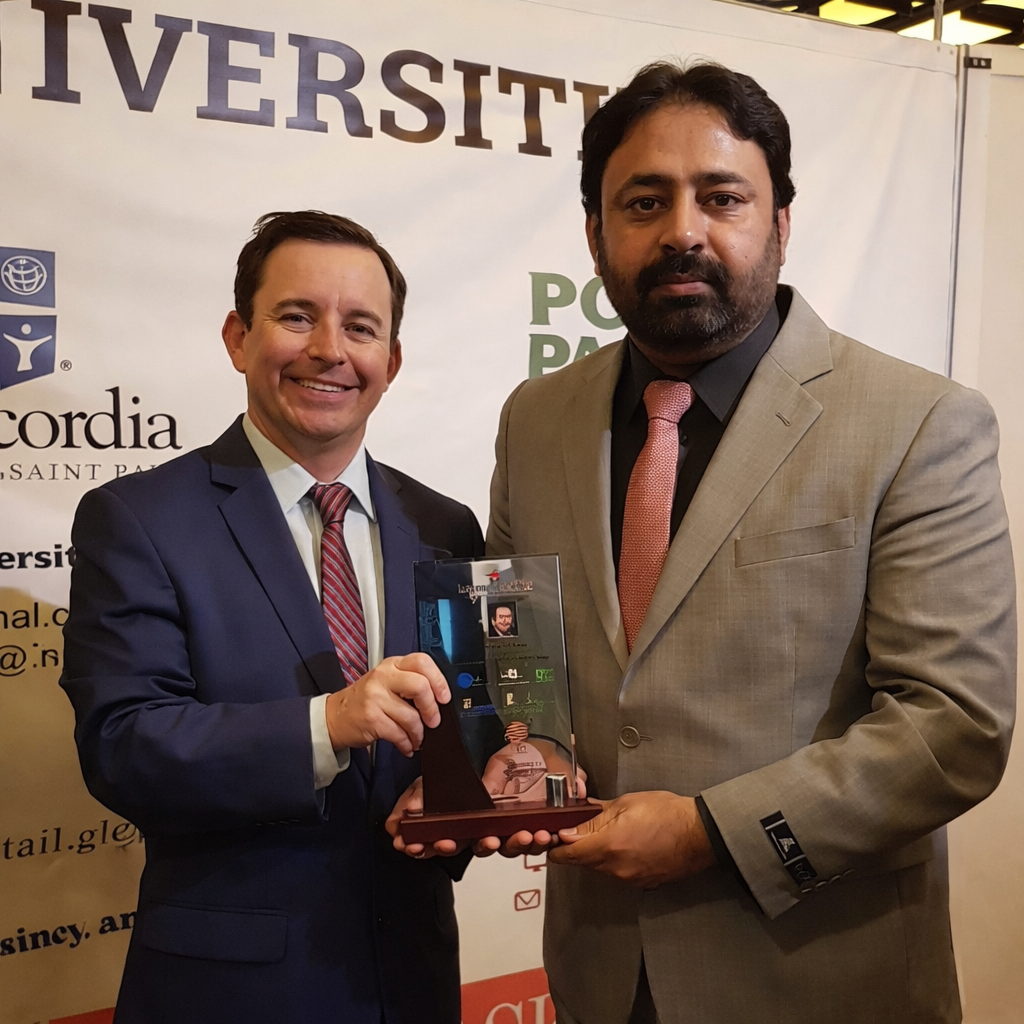Empowering Future-Ready Professionals
International Language & Exam Preparation
The beginners’ introductory course has one hour of coaching and an hour of
practice in the morning with an extremely nominal

ICD IELTS(International English Language Testing System)
Your pathway to global success

ICD PTE(Pearson Test of English)
Fast, fair path abroad

ICD TOEFL(Test of English as a Foreign Language)
Trusted English for global education

ICD OET(Occupational English Test)
English for global healthcare careers

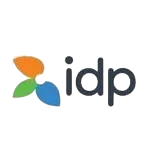


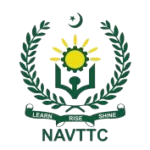




International Exam Booking
Choose Your Journey, Craft Your Future


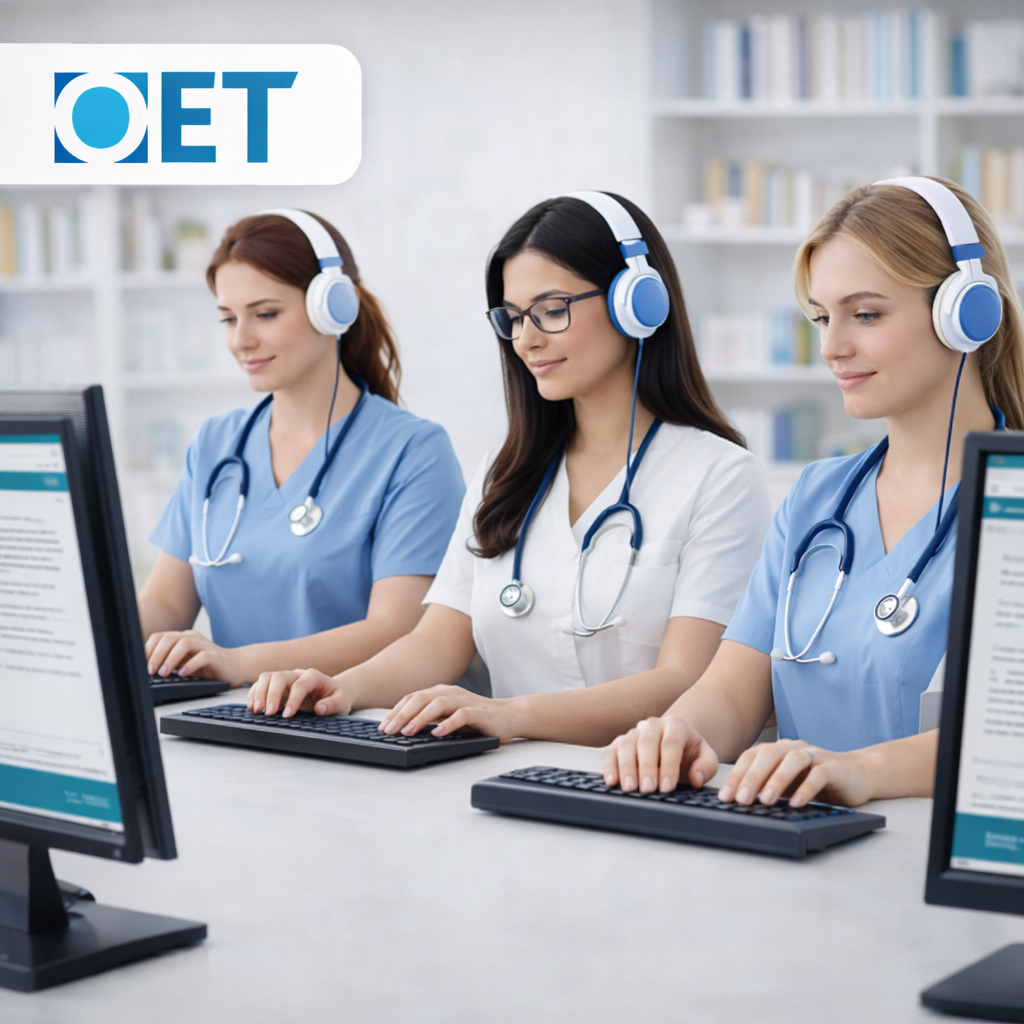


Oxford Language Certificate
Other international languages
Choose Your Journey, Craft Your Future






nAVTTC scholarship
Choose Your Journey, Craft Your Future

















Certificate in Korean Language




Explore Our Comprehensive Range of Services
Browse through our diverse array of services tailored to elevate your language learning journey.

Admission
Simplify admissions with expert guidance.

Coaching
Get personalized coaching for confident language proficiency.

E-learning
Learn anywhere, anytime with our e-learning platform.

Mock Test
Refine your skills with realistic mock tests.

Test Booking
Easily book your language test hassle-free.

Why Choose ICD
Discover the ICD Advantage: Elevate Your Learning Journey


20 years of excellence
Leading the way in education for two decades.

Cambridge Approved Trainer
Committed to upholding Cambridge's rigorous standards.

100% Success Ratio
Every student achieves their goals with us.

State of the Art Computer Lab
Equipped with the latest technology for optimal learning.

Hightech Imported Gadgets For Practice
Enhance practice sessions with cutting-edge tools.

IDP IELTS Approved Center
Your trusted partner for IELTS preparation and testing.
steps to join
Explore Our Visual Tapestry



Student Testimonials
I must say it is one solution to all issues related to language skills, German, Japanese, Korean or English.
Great staff with overall great spaces such as fully equipped labs and classes.
I am very thankful to ICD and our Korean language teacher for their great effort which they are doing without asking any fee.
I wish them many blessing so that they keep on helping many other people to make their life better by using their skills which they learn through ICD platform. Thanks
Regard
Rubina Munawar
Korean Language
MR. MUHAMMAD ASIF AMIN
FOUNDER & CEO
Welcome to ICD, where global education meets real-world opportunity.
In today’s interconnected world, language proficiency, internationally recognized qualifications, and advanced IT skills are no longer optional—they are essential. At ICD, our vision is to empower learners with the knowledge, confidence, and practical skills they need to study, work, and succeed anywhere in the world.
As a Member of the Board of Governors at Mohi-ud-Din Islamic University (MIU) and General Secretary of Anjuman Mohi-ul-Islam Siddiquia (Trust), and with an MSc in Project Management and over 25 years of professional and academic leadership experience, I firmly believe that education must be purposeful, practical, and transformative. This belief is at the core of everything we do at ICD.
We proudly offer all major international languages, comprehensive preparation for internationally recognized examinations required for study and immigration, and industry-relevant IT programs aligned with global standards. Whether your aspiration is higher education abroad, career advancement, professional migration, or personal skill development, our programs are designed to deliver clarity, competence, and measurable results.
What truly distinguishes ICD is our unwavering commitment to quality education. Our experienced faculty, modern teaching methodologies, and student-centered approach ensure that learners gain not only exam success, but also long-term global readiness and professional excellence.
I warmly invite you to become part of the ICD learning community and take a decisive step toward your international future. Your ambitions deserve the right guidance—and we are here to provide it.
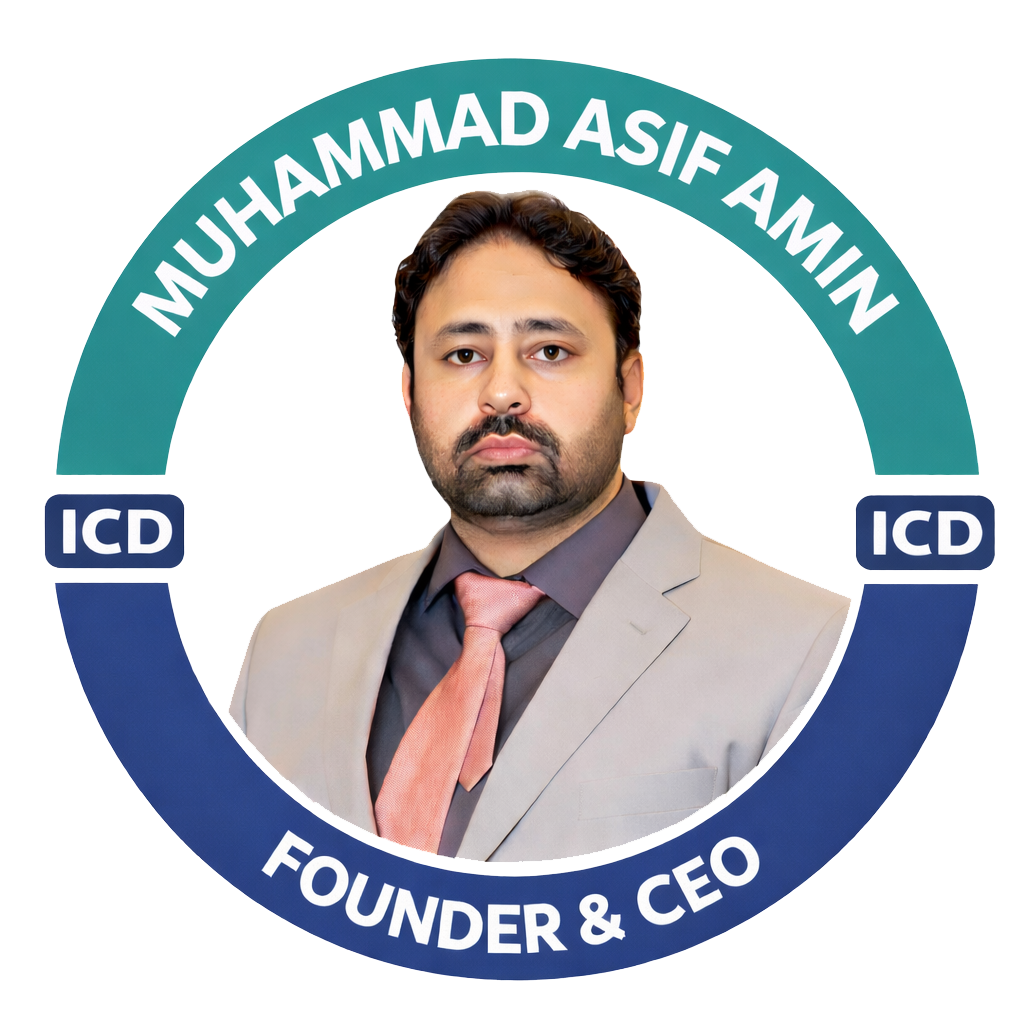
OUR MANAGEMENT

MR. ARSAL JAVAID
DIRECTOR
Head Office

MS. LUBNA SYED
PRINCIPAL & ACADEMIC HEAD
Head Office

MR. HASSAN SOHAIL
BRANCH HEAD
PWD Islamabad
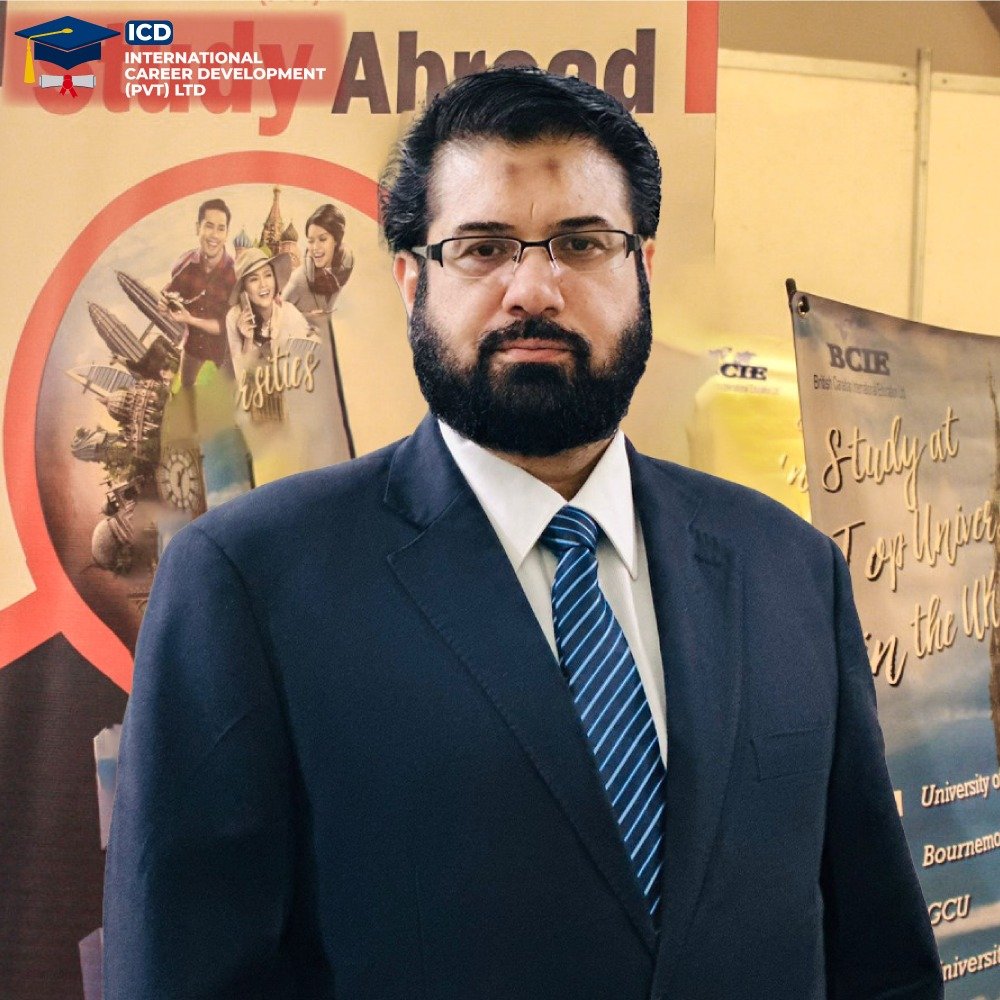
MR. HAFIZ AKEEL
BRANCH HEAD
Lahore
Our Team

Zain Ashraf
IT Instructor

Zain Ashraf
IT Instructor
- Phone:+1 (859) 254-6589
- Email:info@example.com

Najam Ul Hassan
IT Instructor

Najam Ul Hassan
IT Instructor
- Phone:+1 (859) 254-6589
- Email:info@example.com

Rashida khalid
German Language Instructor

Rashida khalid
German Language Instructor
- Phone:+1 (859) 254-6589
- Email:info@example.com

Sumaira Tabassum
IELTS Instructure

Sumaira Tabassum
IELTS Instructure
- Phone:+1 (859) 254-6589
- Email:info@example.com

Amna
Student Counselor

Amna
Student Counselor
- Phone:+1 (859) 254-6589
- Email:info@example.com
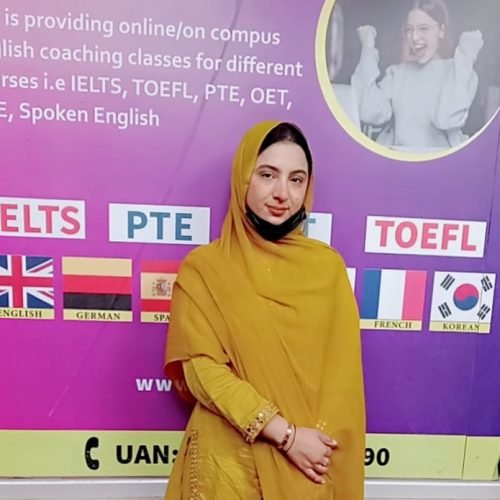
Nayyab kubra
Office Assistant

Nayyab kubra
Office Assistant
- Phone:+1 (859) 254-6589
- Email:info@example.com

Zakia Qurat ul Ain
Graphic Designer

Zakia Qurat ul Ain
Graphic Designer
- Phone:+1 (859) 254-6589
- Email:info@example.com

Saima Akhtar
Receptionist

Saima Akhtar
Receptionist
- Phone:+1 (859) 254-6589
- Email:info@example.com

Sawera Raiz
Coordinator

Sawera Raiz
Coordinator
- Phone:+1 (859) 254-6589
- Email:info@example.com
Book Your Desired Course Now
Ready to embark on your language learning journey? Secure your spot in your desired course today!
- Instant Enrollment
- Flexible Scheduling
- Diverse Course Options
Visions Unveiled: Explore Our Gallery
Journey Through Inspiration: Dive into Our Visual Showcase

